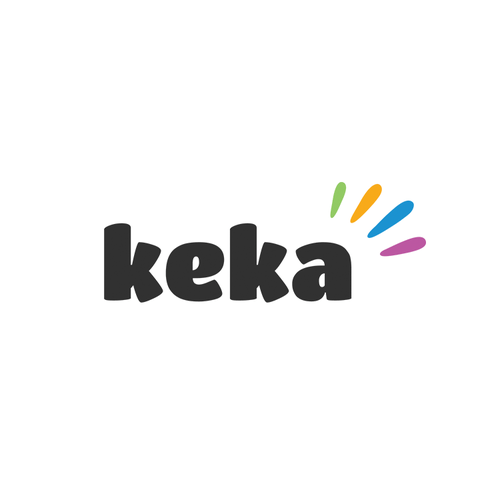
If you only have one or two files, consider using the built-in encryption of some of the software we use every day, and then putting the files somewhere to be downloaded. But make sure the encrypted database is backed up! Consider one which may not tie you to any particular platform. The IT department at Nuffield can help with Keepass and Lastpass, but there are others available. There are many and most have good enough security, even those which may reside on a mobile phone. If you have to remember a lot of passwords, consider using a password manager application.
Keka encryption how to#
Try to make sure that the pass phrase is easy to convey over the telephone and is a little more than 16 characters long, including spaces and punctuation.įor more information and tricks as to how to set good, memorable passwords, see our intranet page on passwords and pass phrases. Use the first letters of each word, so "Happy birthday (to Barbara)" could become "Hb2y,hb2y,hbdBarbara". For an even greater level of security (where, for example you think the encrypted file may survive for a long time) take a line or two from a song or nursery rhyme and tell your correspondent what the song is.

(Don't use these examples!) Pass phrases of dictionary words are surprisingly secure. Johnny's favourite rhyme for " Baa, baa, black she>ep have you any wool?") Lines from songs are useful as you can also leave yourself a reminder more easily (e.g. Note the use of one unusual word for extra security.).Ī pass phrase like " It's Friday and we usually have lamprey " is quite easy to remember. (In other words, adding a password and saving with the default settings of MS Office or Adobe Acrobat should be fine as long as you use a long pass phrase - something like "CorrectHorseBatteryStaple" or "It's Friday and we usually have lamprey " is fine. Technical assumption (at the time of writing - Sept 2021): AES-256 bit encryption with a 16 character long pass phrase is sufficient for our purposes. I hate choosing and remembering passwords!


 0 kommentar(er)
0 kommentar(er)
